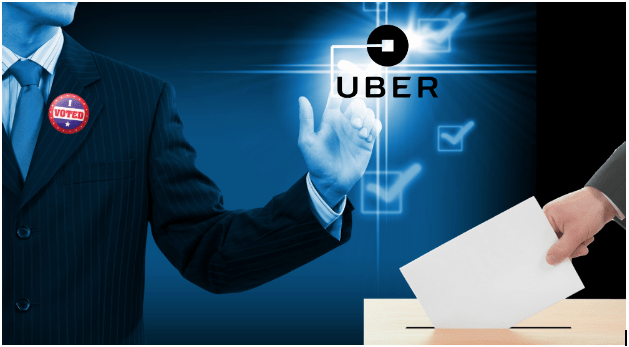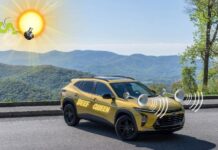Today in live auto news…developments in autonomous driving technologies are reported to have intersected with political strategies, as we race along the countdown to the November midterm elections. “How?” you ask. Well, it’s been widely reported that millennial voters remain disillusioned in regards to political institutions, dividing them not only against one another but against any dedicated party affiliations.
In a bi-monthly survey (offered up by NBC News/Gen Forward at the University of Chicago) it is estimated that 60% of millennial votes feel detached from the GOP, with even the Democratic party experiencing a split down the middle. Aspiring political pundit Arnav Raj explains the impact of such divisive
“While it’s estimated that most millennials are likely to vote Democratic in terms of Congressional seating, we must never mistake that decision for confident resolve among the plurality. If anything a large portion of left-leaning votes are likely to be reactionary votes cast against executive bias. That said, an equal portion is likely representative of indifferent voters who are just ‘going with the flow.’ In other words, a majority of voters are casting their ballots on auto-pilot.”
This, of course, poses major concerns…especially with the 2020 presidential race about to take off in the coming months. While many Americans still concerned about the threat of outside interference, domestic vote-tampering the divisive state of our voting public could another nail to our democratic coffin.
Enter ride-share giant Uber, an unexpected leader in the advancement of autonomous driving technology, thanks to industry crowd-funding from automakers such as Toyota. But, however influential, what role could a ride-share company play in voter reform? Eric Meyhofer, Uber’s Head of Advanced Technologies Group, explains…
“By setting our focus on the integration of autonomous driving into our daily lives, it is Uber’s intention to eliminate stress from the lives of commuters. By creating vehicles that do the thinking for you, passengers will no longer need to waste their energy on the mundane act of operating a vehicle. Combining existing navigational technology with patented systems of advanced sensors and camera feeds, autonomous vehicles will get people from Point A to Point B without any effort on their part. Which makes us think, why can’t we approach voting the same way?”
“UberVoht does exactly that. First, personal information is compiled within a database…social security information, past voting history, financial profiles, whether or not you’ve ever shared a Huffington Post article on social media or grabbed someone by their genitals…to create a series of voter profiles. Then, patented systems of advanced sensors and camera feeds are wired to a blind-fold helmet equipped with Toyota Safety Sense. Stripped of all outside influence, voters will be moved (by subtle electroshock stimulation) through a voting kiosk not entirely dissimilar to an airport security scanner. The sensor array will then inform the kiosk, based on the voters profile, of their position on each ballot item and appointment. No fuss. No muss.”
And that is when we began to back slowly (and nervously) out of the room, ever-so-careful not to break the steely gaze of Eric Meyhofer.












